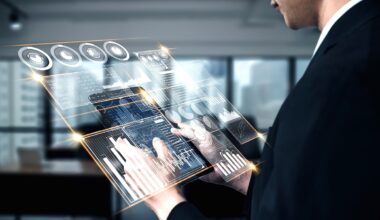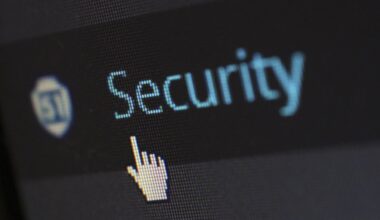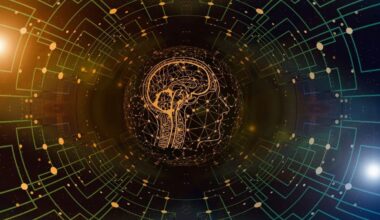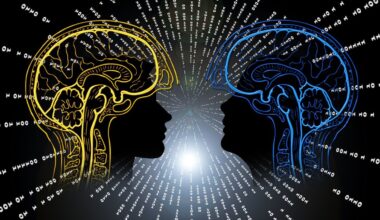Technology has become an undeniable and pervasive force in our daily lives, seamlessly integrated into nearly every aspect of our existence. From the moment we wake up to the time we go to sleep, we interact with a multitude of technological devices and platforms, shaping our experiences in profound ways. This article delves into the diverse applications of technology in our daily routines, exploring its impact on communication, education, entertainment, healthcare, transportation, and beyond.
Communication: Bridging Distances and Fostering Connections
One of the most significant transformations brought about by technology is the revolution in communication. Gone are the days of limited communication channels and agonizing waits for responses. Today, we have instant access to a global network, enabling us to connect with loved ones, colleagues, and acquaintances across vast distances in real-time.
Social media platforms like Facebook, Twitter, and Instagram allow us to share updates, engage in conversations, and build communities. Messaging applications like WhatsApp and Telegram provide convenient and immediate communication channels, fostering closer connections and streamlined collaboration. Video conferencing tools like Zoom and Skype facilitate face-to-face interactions, bridging physical gaps and fostering a sense of togetherness even when miles apart.

Education: Transforming Learning Landscapes
The realm of education has also been significantly impacted by technological advancements. Online learning platforms offer flexible and accessible educational opportunities, allowing individuals to pursue their academic goals at their own pace and convenience. Educational apps and games provide interactive and engaging learning experiences, catering to diverse learning styles and fostering a deeper understanding of complex concepts.
Technology has democratized access to information, making vast libraries of knowledge readily available at our fingertips. Search engines like Google and online encyclopedias like Wikipedia provide instant access to a wealth of information, empowering individuals to become self-directed learners and critical thinkers.
Entertainment: A World of Immersive Experiences
Technology has revolutionized the way we entertain ourselves. Streaming services like Netflix and Hulu offer on-demand access to a vast library of movies, TV shows, and documentaries, catering to diverse interests and preferences. Online gaming platforms connect players from across the globe, fostering competition and camaraderie in virtual worlds.
Social media platforms provide a constant stream of entertainment, with users sharing humorous content, engaging in discussions, and following their favorite influencers. Virtual reality and augmented reality technologies offer immersive experiences, transporting users to fantastical worlds and blurring the lines between reality and simulation.
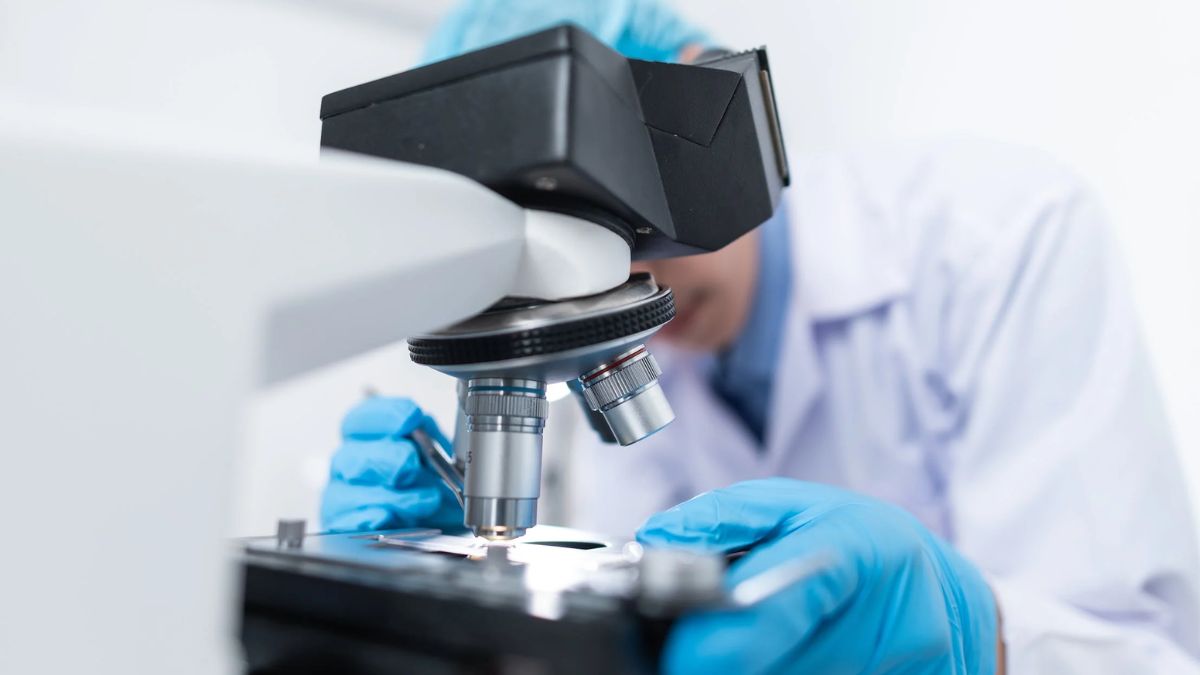
Healthcare: Revolutionizing Diagnosis and Treatment
The healthcare sector has witnessed significant advancements driven by technological innovation. Wearable devices track vital signs and health metrics, allowing individuals to monitor their well-being and identify potential health concerns. Telemedicine platforms connect patients with healthcare professionals remotely, facilitating access to medical consultations and diagnoses without the need for in-person visits.
Electronic health records (EHRs) provide a centralized repository of patient data, enabling healthcare providers to access comprehensive medical histories and make informed decisions about treatment plans. Advanced medical technologies like robotic surgery and 3D printing are transforming surgical procedures, improving accuracy, minimizing risks, and facilitating faster recovery times.
Transportation: Transforming How We Move
The transportation landscape has undergone a significant transformation with the integration of technology. Ride-sharing apps like Uber and Lyft offer convenient and affordable on-demand transportation options, revolutionizing urban mobility and reducing reliance on personal vehicles.
Navigation apps like Google Maps and Waze provide real-time traffic updates and route optimization, making navigating unfamiliar roads and congested areas a seamless experience. Electric vehicles and autonomous driving technologies are paving the way for a more sustainable and efficient transportation future, reducing emissions and potentially revolutionizing how we travel.
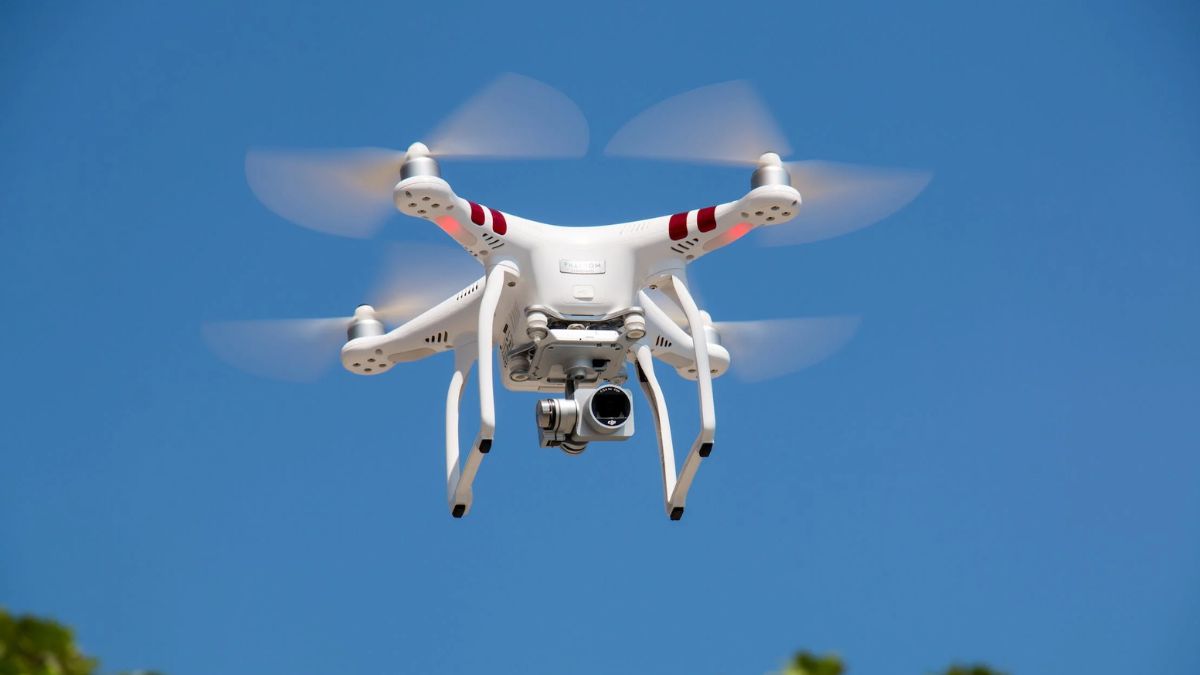
Automation: Streamlining Tasks and Enhancing Efficiency
Technology has significantly impacted our daily lives by automating various tasks, freeing up time and resources for other endeavors. Smart home devices allow us to control lighting, thermostats, and appliances remotely, creating a more comfortable and energy-efficient living environment.
Automation is also prevalent in workplaces, with robots and AI-powered systems handling repetitive tasks, improving efficiency and accuracy in various industries. Online banking and financial services allow us to manage our finances conveniently, eliminating the need for physical visits to banks and streamlining financial transactions.
The Dependence on Technology: A Double-Edged Sword
While technology undeniably enhances our lives in numerous ways, it’s crucial to acknowledge the growing dependence on it and its potential drawbacks. Excessive screen time can lead to issues like eye strain, sleep disturbances, and social isolation. The constant barrage of information and notifications can contribute to information overload and difficulty focusing.
Cybersecurity threats and data breaches pose significant concerns in our increasingly digital world, requiring vigilance and responsible online practices. The potential for job displacement due to automation necessitates continuous learning and adaptation to remain competitive in the evolving job market.

Ethical Considerations: Navigating the Challenges
The widespread use of technology also raises ethical concerns that require careful consideration. Issues surrounding data privacy and security are paramount, as vast amounts of personal information are collected, stored, and analyzed. Ensuring transparency and user control over data is crucial to protect individual privacy and prevent misuse.
Algorithmic bias and the potential for discrimination embedded in AI systems necessitate close scrutiny and mitigation strategies. Ensuring fairness and inclusivity in the development and deployment of these technologies is essential to avoid perpetuating societal inequalities.
The impact of technology on mental health and well-being requires ongoing research and responsible use practices. Promoting digital literacy and encouraging mindful engagement with technology can help mitigate potential negative impacts and foster healthy digital habits.
A Symbiotic Relationship with Technology
Technology has undeniably become an integral part of the fabric of our daily lives, shaping our communication, education, entertainment, healthcare, transportation, and countless other aspects of our existence. While acknowledging its immense benefits, it’s crucial to approach technology with awareness, adopting responsible practices, and mitigating potential drawbacks. By fostering a symbiotic relationship with technology, we can leverage its power to enhance our lives, create a more connected world, and navigate the challenges that lie ahead.
Technology is a powerful force that continues to evolve and transform our world. Understanding its multifaceted applications, navigating its ethical complexities, and adopting responsible practices are essential for harnessing its potential to create a better future for all.


